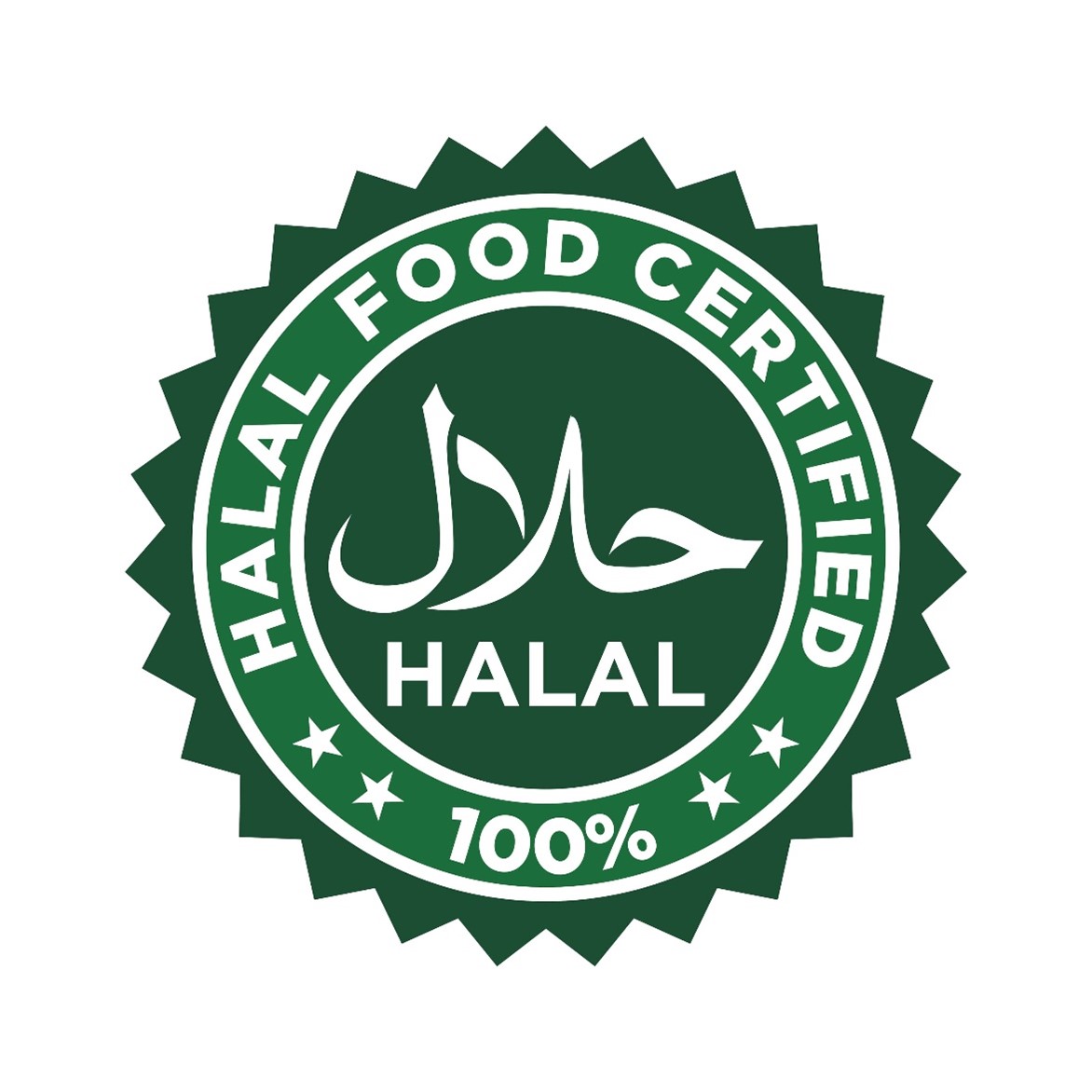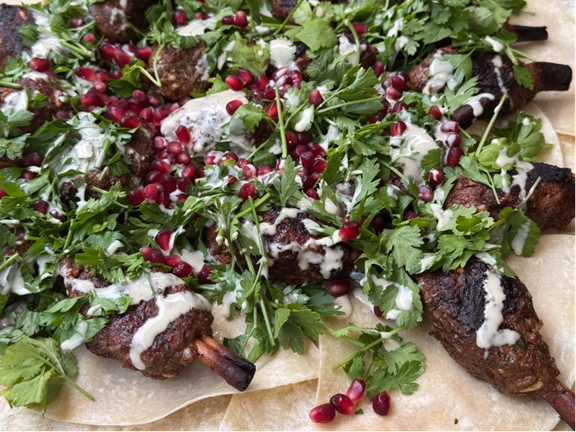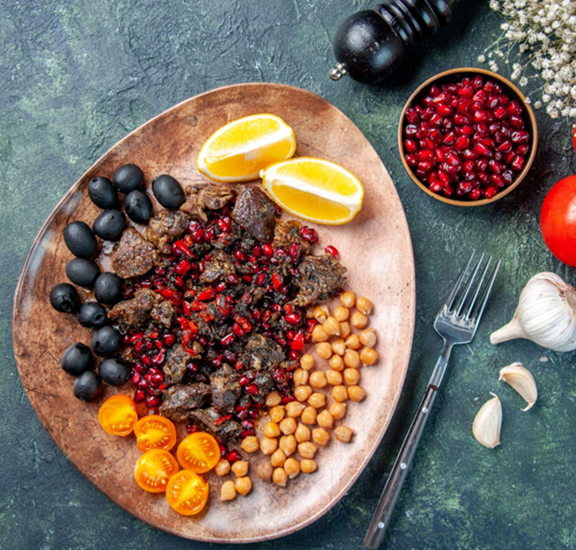The Halal Certification Process: A Guide for Meat Producers
In today’s global food industry, meeting the needs of diverse consumer bases is essential for success. Among the most rapidly growing consumer segments are those seeking halal products, particularly halal-certified meat. For meat producers interested in tapping into this market, understanding the halal certification process is critical. One of the most trusted organizations for certifying halal meat in the U.S. is the Islamic Enterprises & Services of America (IESA). Superior Farms will offer meat producers a step-by-step look at what’s involved in becoming halal certified by IESA, covering the necessary procedures, compliance checks, and the importance of adhering to Islamic dietary laws.
What is Halal Certification?
Halal, an Arabic term meaning “permissible,” refers to foods and products that conform to Islamic law as defined in the Quran. For meat to be considered halal, it must meet specific criteria in terms of sourcing, slaughtering, and handling. A halal certification is a stamp of approval from a recognized body, such as IESA, which assures Muslim consumers that the meat products they are buying comply with Islamic dietary guidelines.
Halal certification ensures the producer’s products are processed and handled according to Islamic law, which is not only about animal welfare but also includes broader ethical considerations. Producers who pursue halal certification open their doors to a global market of over 1.8 billion Muslims, in addition to other consumers seeking ethical and humane meat products.
Step 1: Understanding Halal Requirements
Before beginning the certification process, it is essential for meat producers to thoroughly understand the requirements for halal meat production. Halal meat must adhere to strict guidelines:
- Animal Welfare: The animal must be healthy at the time of slaughter, treated humanely throughout its life, and handled with respect.
- Permitted Species: Only specific animals can be slaughtered for halal purposes. For instance, pigs and other animals considered haram (forbidden) are prohibited.
- Slaughtering Process: The halal slaughter, or “Zabiha,” must be performed by a Muslim who recites a blessing and slaughters the animal in a swift, humane manner.
Becoming familiar with these core tenets is the first step toward certification and will set the foundation for your production processes.
Step 2: Application to IESA
Once meat producers understand the halal requirements, the next step is to apply for halal certification through IESA. The application process begins by contacting IESA and expressing interest in certification. Producers will typically need to provide details about their operation, including the type of meat they produce, their slaughtering facilities, and current production methods.
IESA will review this information to determine if the producer meets the initial qualifications for certification. This step is crucial, as it helps assess whether the meat production facility is ready to comply with Islamic law or if adjustments need to be made.
Step 3: Facility Inspection
After reviewing the application, IESA will conduct an on-site inspection of the meat production facility. During the inspection, IESA representatives will assess the following:
- Facility Hygiene: The facility must adhere to strict hygiene and cleanliness standards. Any contamination with non-halal products or substances, such as pork or alcohol, must be prevented.
- Slaughtering Practices: The inspection team will observe the slaughtering process to ensure it complies with halal requirements. This includes verifying that a trained Muslim is performing the Zabiha slaughter and that the animals are handled humanely.
- Segregation of Halal and Non-Halal Products: IESA will also ensure that halal meat is not cross-contaminated with non-halal products at any stage of production, from slaughtering to packaging. Segregation must be maintained to guarantee the integrity of halal products.
The inspection process is thorough and aims to ensure that every aspect of meat production aligns with Islamic dietary guidelines.
Step 4: Compliance and Adjustments
If the initial inspection reveals that the facility does not fully meet halal standards, IESA will provide feedback and recommendations for adjustments. Producers will have the opportunity to make necessary changes, such as altering their slaughtering practices, upgrading their hygiene protocols, or enhancing the separation between halal and non-halal products.
Once these adjustments have been made, a follow-up inspection will be conducted to ensure that the facility is in full compliance. IESA collaborates closely with producers during this phase to help them understand what changes need to be implemented to meet the certification standards.
Step 5: Final Certification
Once the facility has passed all inspections and demonstrated full compliance with halal standards, IESA will issue a halal certification. This certification serves as an official endorsement, allowing producers to label their products as halal and market them to Muslim consumers. The certification is valid for a specified period, after which the facility must undergo reinspection to maintain compliance.
Step 6: Ongoing Monitoring and Renewal
Halal certification is not a one-time process. IESA requires regular monitoring and re-certification to ensure that meat producers continue to meet halal standards. This may involve periodic inspections, product testing, and compliance reviews. Producers are expected to uphold the same high standards throughout their operations and promptly address any issues that may arise.
The renewal process typically requires a review of the facility’s current practices, sometimes along with another on-site inspection. Keeping detailed records of production methods, slaughter practices, and product handling can help streamline the renewal process.
Benefits of Halal Certification
For meat producers, obtaining halal certification offers numerous advantages, including:
- Access to a Growing Market: The demand for halal products is on the rise, not only in Muslim-majority countries but also in regions like Europe and North America. A halal certification allows producers to tap into this expanding market.
- Consumer Trust: Muslim consumers rely on halal certification as a guarantee that the products they purchase adhere to their religious beliefs. Having the IESA seal of approval enhances trust and credibility.
- Ethical Branding: Halal certification signifies more than religious compliance; it is often associated with ethical treatment of animals, sustainable practices, and higher standards of hygiene, appealing to a broader audience seeking ethical consumption.
For meat producers looking to expand into the halal market, certification through Islamic Enterprises & Services of America is a valuable process that ensures compliance with Islamic dietary laws. By following the steps outlined above—understanding halal requirements, applying for certification, undergoing inspection, making necessary adjustments, and maintaining compliance—meat producers can position themselves as trusted providers of halal products. This certification not only opens the door to a growing consumer base but also establishes a reputation for ethical and high-quality meat production.


